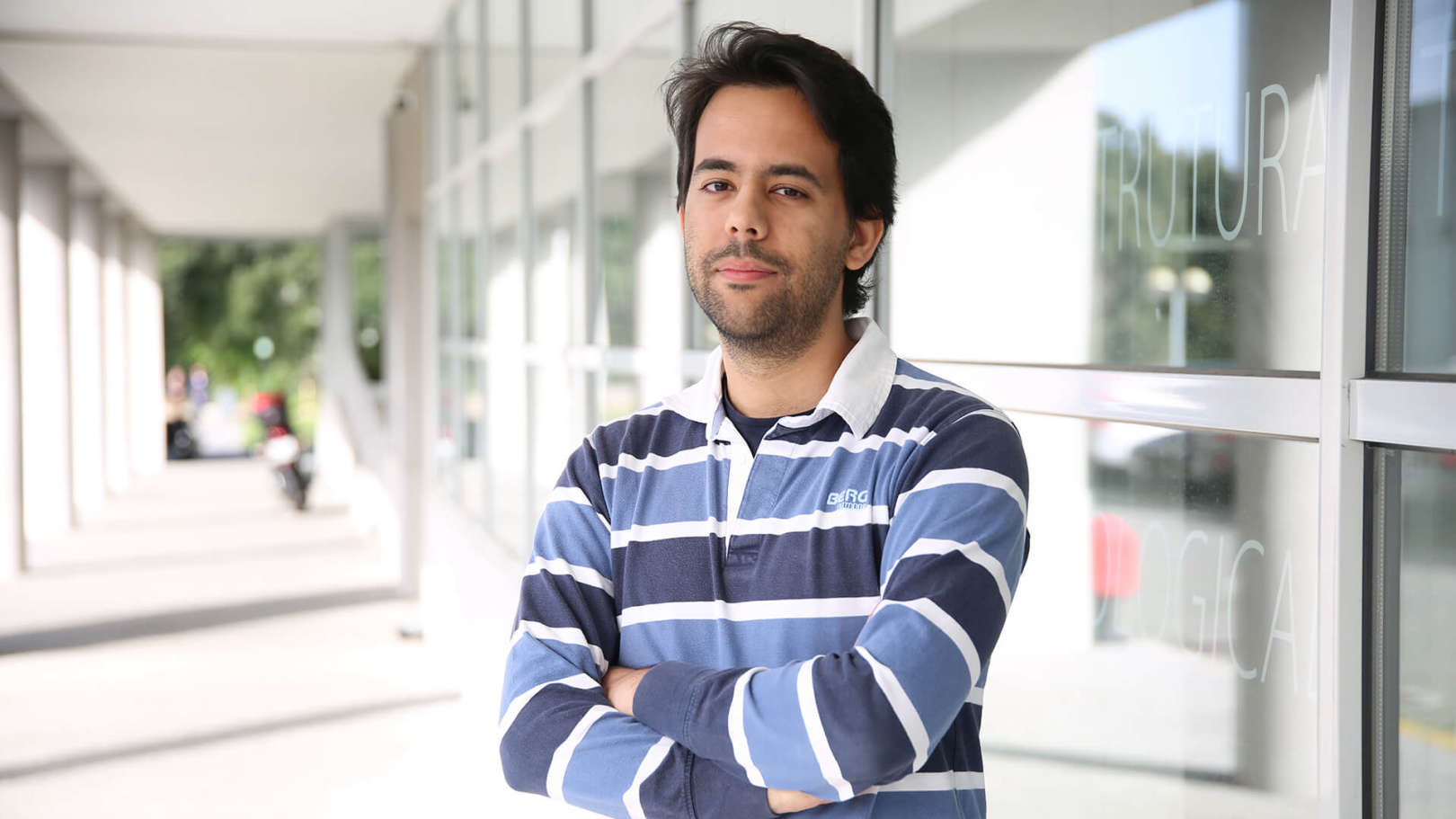About
My name is Manuel and I was born in 1992 in Porto, Portugal. I started the Master in Electrical and Computer Engineering at FEUP in 2010 and finished in 2015 in the field of Power Systems. From August 2015 to November 2016, I worked for the Grupo Cabelte in the R & D Department as a Power Cable Product Engineer. Since February 2017, I work as a researcher at INESC TEC's CPES.


